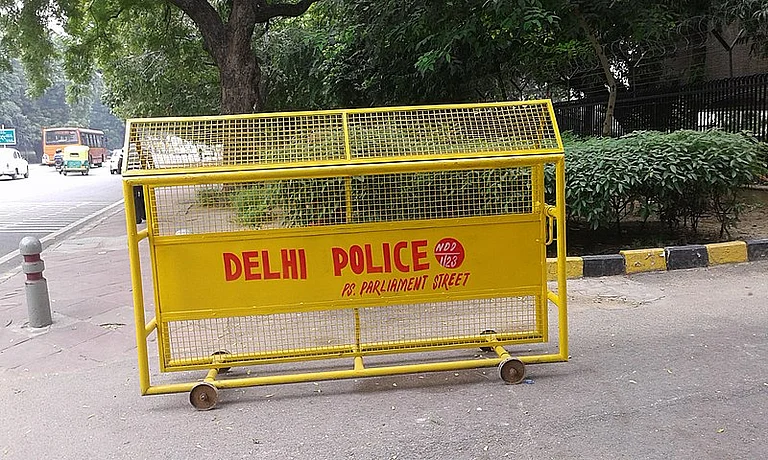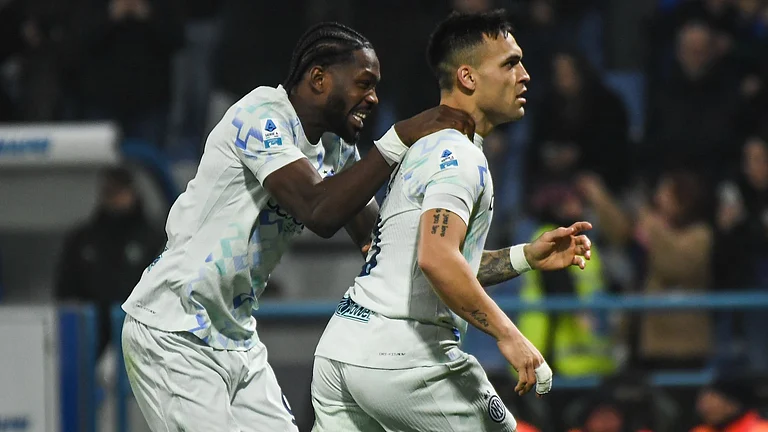MISPLACED hopes, broken dreams—over the last year reams and reams of paper have been expended by the milestone industry on the subcontinent's tumultuous half-century of independence. The balance sheet has been updated, leaders berated, successes trumpeted, blame apportioned, goals reevaluated; so that we common folk can go back to the business of living with a clear conscience, with the heady aftertaste of responsible inquiry.
This is a cop-out A. Sivanandan scrupulously eschews as he seeks the genesis of Sri Lanka's sorrows, its ethnic divisions, uprooted histories, invented narratives, clouded memories. His protagonists, three generations of a clan forever struggling to make ends meet, are ordinary people, really, made extraordinary by their relentless quest for the fundamental truths, by their uncompromising responses to that still small voice, as they grapple with and bear the imprint of their nation's travails.
The novel is divided into three parts, each predictably given over to one generation and each inevitably ending in tragedy. There's Sahadevan, a Tamil who journeys from arid Jaffna to '20s Colombo in pursuit of modern education and comes under the influence of a disillusioned Sinhalese trade union leader. Torn between duty to his country and to his family, he witnesses the first betrayals by the political leadership as it forsakes the end (socialism) for the means (freedom). In the process, he learns to dispense his responsibilities as a father while retaining his dignity as a man.
There's his schoolmaster son Rajan, the narrator, more sensitive and less sure-footed, who despairs over the emerging communal faultlines implicit in democratic arithmetic and finally flees to an English exile after the '58 race riots. (Fleeting similarities with the author here, who too emigrated to Britain that year.) And lastly, there's his Sinhalese stepson Vijay, a reluctant militant hard pressed to make peace with his mother's violent death and his country's senseless descent into crude nationalism. Holding them together is Saha's under-privileged half-brother Para, a charming custodian of ancient wisdom always at hand with gentle guidance.
Through it all, Sivanandan achieves the near-impossible by weaving the stories within the stories—an intricate web of universal moral and political dilemmas—into the fractured history of his lost country. As too Sri Lanka's geography and history, the changing Jaffna landscape is vividly depicted and allusions to key political leaders are thinly veiled. Indeed, in this lyrically textured tale of love, loss and loyalty, there are no entertaining diversions, no convenient cushioning. More disturbingly, there are no easy answers, no ready glimmers of hope.
Except, that is, in the last four sentences. Yes, after remaining true to his characters, to his story, to his dark depiction of the human condition, in the end Sivanandan falters and grasps at straws. As Vijay is mercilessly felled by his cousin Ravi, the writer offers what the blurb terms "the possibility of another future". Perhaps, it would be petty to join issue on the very human act of giving in to the romantic voice that resonates in each one of us. But maybe he should have heeded Uncle Para's caution to Vijay: romanticism is a prelude to tyranny.
Having said that, be warned. The reading of this book is guaranteed to put you out of step with your world, a world which values bottomlines not bona-fides. For it doesn't just compel you to "comprehend truths other than (your) own", it ever so craftily holds a mirror to your convictions, your ever-so-innocuous capitulations.


























